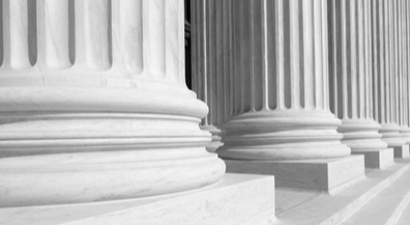Competition Appeal Court Cautions the Competition Tribunal over Excessive Pricing Decision
The Competition Appeal Court (“CAC”) recently grappled once again with the question of excessive pricing. The Competition Commission initiated a complaint against Sasol Chemical Industries Limited (“SCI”) during 2010, alleging that the prices SCI charged between 2004 and 2007 for polypropylene and purified polypropylene were excessive. In the Mittal Steel South Africa and others v Harmony Gold Mining Company and Others case, the CAC firmly rapped the Competition Tribunal (“the Tribunal”) over the knuckles for ignoring the wording of the Competition Act in making a policy-based finding on the excessive pricing charges which Mittal faced. In the Mittal case, the CAC explained to the Tribunal how it was to deal with excessive pricing matters in future.
In the SCI matter, the CAC once again overturned the Tribunal's decision, finding SCI not guilty of excessive pricing. The SCI judgment shows that even with the Mittal case guidelines, excessive pricing complaints are extremely complicated and our jurisprudence on the issue is still a work in progress. CAC Judge President, Dennis Davis, described the Tribunal’s SCI judgment as “hard to understand” and based on a selective reading of the Mittal case.
Section 8(a) of the Competition Act (“the Act”) prohibits a dominant from charging “an excessive price to the detriment of consumers”. The Act defines an “excessive price” as:
could not possibly be plausibly advanced by an expert in the field". Adopting a common sense approach to the before/after tax argument, the CAC found that "when examining returns, it is the after tax return upon which an investor relies in order to assess the possibility of a new investment".
With regard to expert evidence, the CAC cautioned that:
“Regrettably this court must now draw attention to the inability of the Tribunal to exercise discipline over proceedings in order to ensure that economic experts provide evidence on economic questions, leaving points of legal interpretation to the tribunal and to this court…figures cited without any clear and reasoned justification do not constitute expert evidence”.
The CAC suggested that it may have found for the Commission had proper expert evidence been presented to counter SCI's arguments.
The CAC warned the Tribunal against focussing so much on the pro-competitive benefits of innovation and risk-taking that it allows innovators who acquire patents a "licence" to price excessively.
Unfortunately for those of us who would like to see some certainty in relation to the law on excessive pricing, this is not the end of the saga. On 8 July 2015, the Competition Commission issued a press release confirming that it intends to challenge the CAC’s decision in the Constitutional Court. Watch this space.






 LTD)